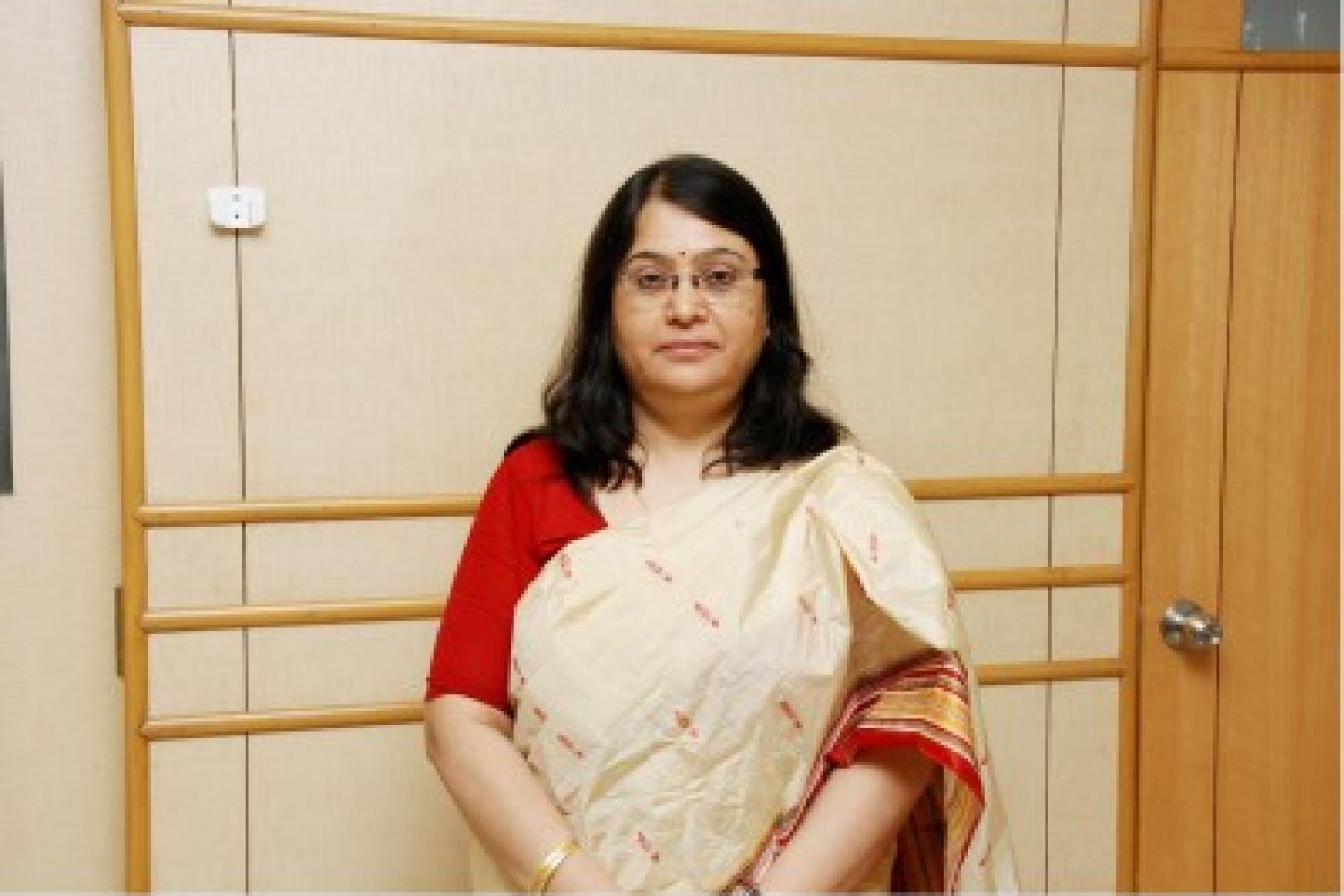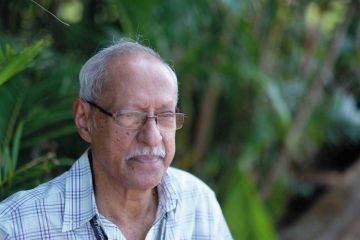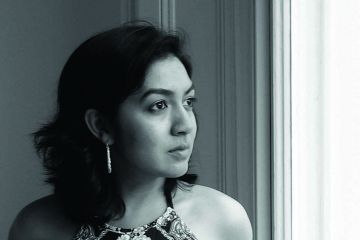
Anita Agnihotri, a senior IAS officer, she has discharged her professional duties
with as much sincerity and responsibility as she has to her writing. Both her
poetry and prose are distinguished by a delicate but acutely observed response
to nature, genuine commitment to social issues and a love of people who have
faced existential difficulties with dignity and grace.
Your description of
nature, of things, is so graphic, so reminiscent of Bibhutibhushan
Bandhopadhayay and WH Hudson





